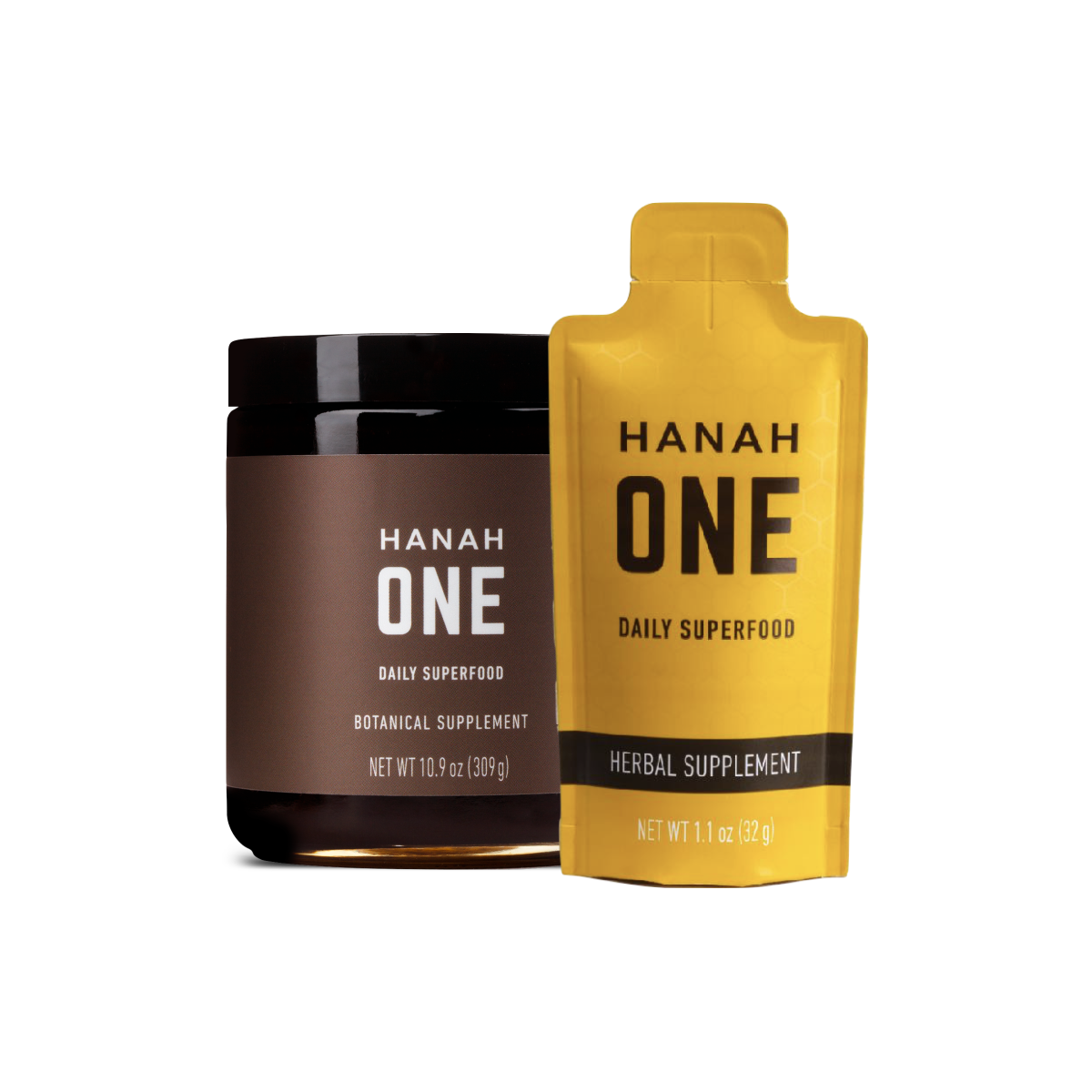Not all supplements are created equal—why purity, quality and results matter
This is the first article in a series called “Not all ingredients are created equal.” A series meant to take a closer look at the supplement industry as a whole, key herbs, spices, blends and supplements (such as ghee, ashwagandha, honey, turmeric and sesame oil) that we are reading so much about today—and to assist in better understanding why purity and quality trump all else when it comes to things we put into our bodies. I hope you enjoy the series as well as the benefits that can be derived from the ancient remedies we at HANAH are working so hard to preserve.
By Joel Einhorn, Founder
Ten years ago I was in a terrible cycling accident that left me in pretty rough shape. I worked with an Ayurvedic doctor to heal myself in record time and to get back on track. A lot of focus was put on the use of herbs, herbal medicines and traditional ancient remedies. After experiencing their healing superpowers and incredible benefits firsthand, I was curious to know if continuous use would deliver ongoing results.
After a few years of research and development in Kerala, India, I now know that the benefits of these Ayurvedic remedies are cumulative and that they continue to deliver noticeable results when used daily. I also learned that it’s crucial to understand the source of what we are purchasing and putting into our bodies. Not all herbs, ingredients or supplements are created equal. The purity, quality, potency, efficacy and overall benefits can, and often do, vary wildly.

Herbs are like a fine wine
We at HANAH believe that herbs are like grapes, in that you can plant pinot noir grapes in Alaska, and you will most definitely get a vine that bears fruit. But the wine you produce from these grapes will be nothing like the pinot produced in Burgundy. The exact same principle applies to food, herbs, supplements and so on.
Herbs for example, are tremendously dependent on the terroir, or the conditions of the soil, season and location in which they grow. Ayurvedic doctors have known this for thousands of years, practicing a deep respect for nature and using advanced agricultural methods that maintain the health-promoting qualities of their crops.
Let's look at one ingredient prevalent in HANAH ONE, ashwagandha. There are locations in Kerala, India, where ashwagandha has grown naturally for thousands of years, in fertile soil, at a specific altitude where the local farmers use coconut husks to replenish the earth after each growing cycle. Like fine winemakers, Ayurvedic doctors seek out these special locations, cultivate them and work together with the local farmers to ensure the ingredients they are procuring are both pure and of the highest quality.
The problem with mass production
It’s not uncommon in the US, India and other parts of the world for large companies to identify positive industry trends and exploit them (turmeric and kale are a prime example of this). At this point mass production and monoculture farming of hundreds, if not thousands, of acres of these ingredients are introduced. These systems are detrimental to soil health and lack the natural checks and balances that plant diversity provides. Most often in locations where mass production costs are low, regulations are less stringent and they can slap an “organic” label on it.
While these methods may make sense from a business perspective, it does not serve the best interests of the consumer, ensure the purity of ingredients or take into consideration product efficacy. And it definitely does not take into account traditional methods of growing, harvesting or producing crops that yield their full health potential and benefits. In short, increased demand, or sometimes just simple hype, can greatly diminish the purity, quality and efficacy of any single ingredient or product.
Cutting through the confusion
We are all inundated with information and advertisements about organic products, health and fitness, the latest miracle supplement, and so on. And it’s safe to say there is a lot of confusion and false claims being generated in the food and supplement industry—an industry that is estimated to be worth $104 billion annually.
At HANAH our goal is to preserve ancient remedies and traditions so we can benefit from them in our own lives. With this in mind it’s easy to cut through the industry confusion and hype by focusing on three simple things—purity, quality and results. It’s an understatement to say we are maniacal about this approach. We source the purest ingredients found in their native environments that are wild-harvested by local farmers. We produce all of our ingredients and products honoring ancient traditional methods to ensure they retain their original quality and efficacy. As a result, our products deliver results you will notice. No compromise!

Learn more about HANAH ONE, our flagship product, here.







Leave a comment
This site is protected by hCaptcha and the hCaptcha Privacy Policy and Terms of Service apply.